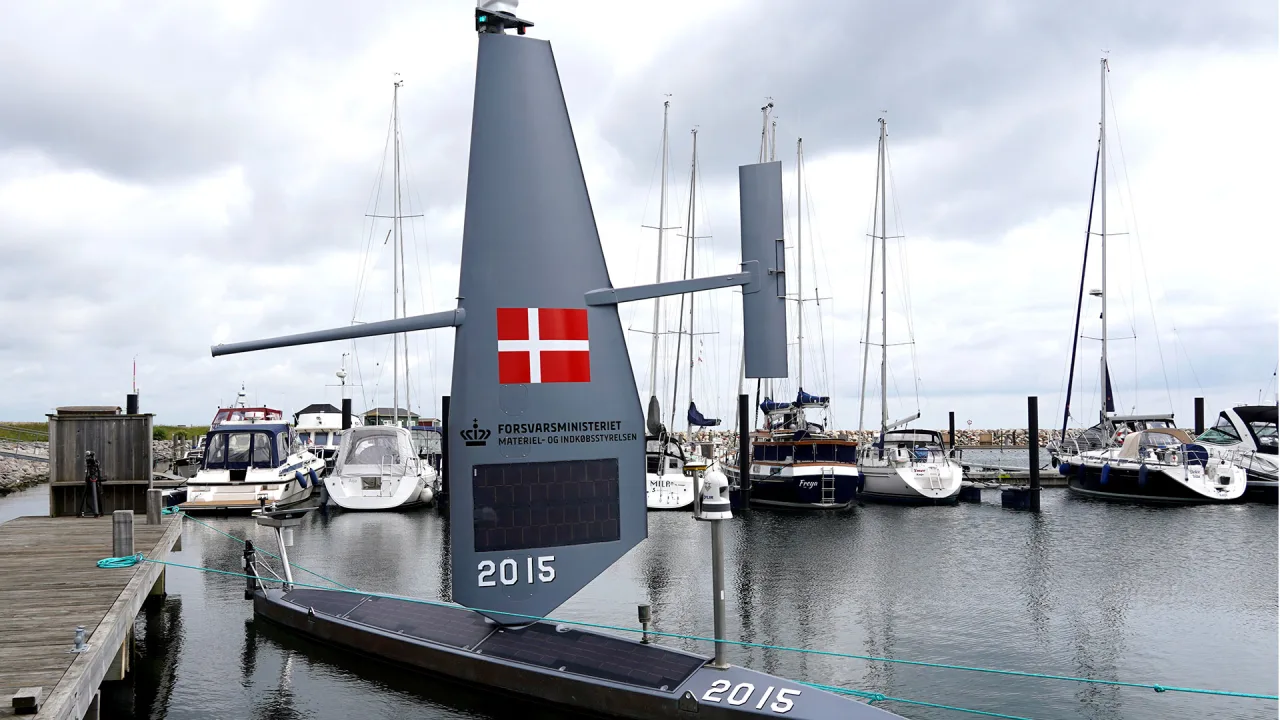What Your Event Ticketing System Should Really Be Doing in 2025
Explore the essential features your event ticketing system should offer in 2025, from seamless transactions to enhanced attendee experiences and data insights.

The event industry in 2025 is no longer just about planning. It's about optimizing every touchpoint of the attendee journey — and it all starts with your event ticketing system. Whether you're organizing a small business seminar or a large-scale international conference, your ticketing and registration process can make or break the experience for both attendees and organizers.
But here’s the truth: most traditional event registration platforms are outdated. They only check boxes — they don’t check people in. They don’t help you personalize, automate, or analyze. In 2025, you need more than just "registration for an event" — you need a smart, connected system that goes far beyond selling tickets.
Let’s break down exactly what your ticketing system should be doing for you — if you want to meet modern expectations and deliver a smooth, high-conversion event experience.
1. Unified Ticketing and Registration: Not Just a Gateway, But a Strategy
In the past, event registration was treated as a simple transaction. But today, your event registration platform should be a strategic tool that supports your full event lifecycle.
Here’s what it should handle from the start:
-
Multi-tiered ticketing (early bird, VIP, group passes).
-
Discount code integration.
-
Automated confirmations and reminders.
-
Mobile-friendly checkout flows.
More importantly, your online event registration platform should be integrated with your backend systems — like CRM, marketing automation, and analytics tools. This is where many organizers fall short. If you're still downloading spreadsheets manually after each registration, you're losing time and valuable insights.
2. Mobile Event App Integration: Seamless From Registration to Real-Time Updates
In 2025, the mobile event app isn’t an add-on. It’s the command center for your attendees. The moment someone registers for your event, they should be able to:
-
Add their ticket to the app.
-
Receive real-time schedule updates.
-
Network with other attendees.
-
Access maps, resources, or content libraries.
A smart ticketing system integrates automatically with your mobile event app, giving every guest a frictionless experience from the moment they hit "Register."
If your current system doesn’t feed into your app — or worse, if you don’t have an event app — you're limiting both engagement and visibility.
3. Online Event Registration with QR Code Check-In: The New Standard
Contactless is no longer just about health. It’s about speed, accuracy, and convenience.
Event registration with QR code technology is the new baseline. Attendees should be able to register online, receive a personalized QR code, and use it to check in within seconds.
Benefits of QR code event registration:
-
Faster entry with no lines or manual lookup.
-
Improved security with individual QR assignments.
-
Reduced staffing needs at check-in desks.
-
Seamless integration with badge printing and attendee tracking.
The best part? These QR-based systems also sync with mobile event apps, making it possible for attendees to store everything they need in one place.
4. Event Badge Printing On-Demand: Personalization at Scale
Gone are the days of pre-printing thousands of badges and sorting them alphabetically. Today’s event registration solutions should allow for on-demand badge printing at check-in.
What your system should support:
-
Custom badge templates (with sponsor logos, QR codes, and color-coded categories).
-
Integration with check-in apps.
-
Wireless badge printing hardware.
-
Real-time data syncing so any walk-ins or last-minute changes are instantly updated.
Not only does this save time and resources, but it also boosts the professionalism and personalization of your event experience.
5. Smart Ticketing = Smart Insights: Go Beyond Names and Emails
A modern event registration system is also a data collection machine. Every ticket sold, every page viewed on your event microsite, and every QR code scanned adds up to critical behavioral insights.
What you should be tracking:
-
Ticket sales trends over time.
-
Conversion rates from campaigns or channels.
-
No-show rates and check-in times.
-
Which sessions are most popular?
All of these metrics feed into your event success KPIs, helping you adjust strategy on the fly and improve results for future events.
The smarter the system, the more insights it can give you — without you having to dig through spreadsheets.
6. Flexibility for Different Event Types: Not All Events Are Created Equal
Your system should be flexible enough to support:
-
On-ground events.
-
Fully virtual events.
Each format requires a slightly different configuration — from how tickets are delivered to how attendees check in. The best platforms allow you to create unique workflows for each type, using modular event tools.
Also, if you're hosting multiple events across the year, the platform should let you clone past events, reuse templates, and centralize data for cross-event analysis.
7. Multiple Payment and Ticketing Options: Making Buying Easier
Your event ticketing system in 2025 should remove friction, not add it. That means:
-
Accepting global payment methods (credit card, UPI, PayPal, Stripe).
-
Offering installment payments or pay-later options.
-
Letting buyers choose ticket types easily.
-
Providing auto-applied discounts or bundled deals.
Remember, any difficulty in payment is a chance for an attendee to drop off. A smart online event registration platform ensures that your checkout is as smooth as the rest of the experience.
8. Real-Time Event Check-In Dashboard: Know Who’s In the Room
As guests arrive, organizers should be able to track attendance in real time. A good event check-in solution will display:
-
Number of check-ins vs. total registrants.
-
Live attendee names.
-
Alerts for VIPs or flagged guests.
-
Immediate print status of badges.
Having this data at your fingertips helps in managing crowd control, assigning staff, and identifying issues instantly.
It also gives you peace of mind: you’re never guessing who’s in the room — you know.
9. Event Microsite Customization: Your Branding, Your Story
Your event microsite is the first real touchpoint with your attendees. It's not just a landing page — it's a branded, conversion-focused destination.
What it should support:
-
Custom design and branding.
-
Integrated ticketing with embedded checkout.
-
Session and speaker showcases.
-
Countdown timers and social proof.
-
Post-event content access or on-demand recordings.
Your microsite should feel like an extension of your brand, not a generic template. The better your microsite, the more likely people are to register and engage.
Final Thoughts
Your ticketing system in 2025 should do more than just sell tickets. It should be the central hub of your event operations, helping you:
-
Save time.
-
Increase attendee satisfaction.
-
Improve accuracy and speed.
-
Personalize the journey.
-
Drive smarter decisions with real-time data.
And all of this should happen without you needing to touch a spreadsheet.
If your current event registration platform isn’t delivering these outcomes, it’s time to re-evaluate. Because in today’s fast-moving event world, staying still means falling behind.
































































![https //g.co/recover for help [1-866-719-1006]](https://newsquo.com/uploads/images/202506/image_430x256_684949454da3e.jpg)







































































